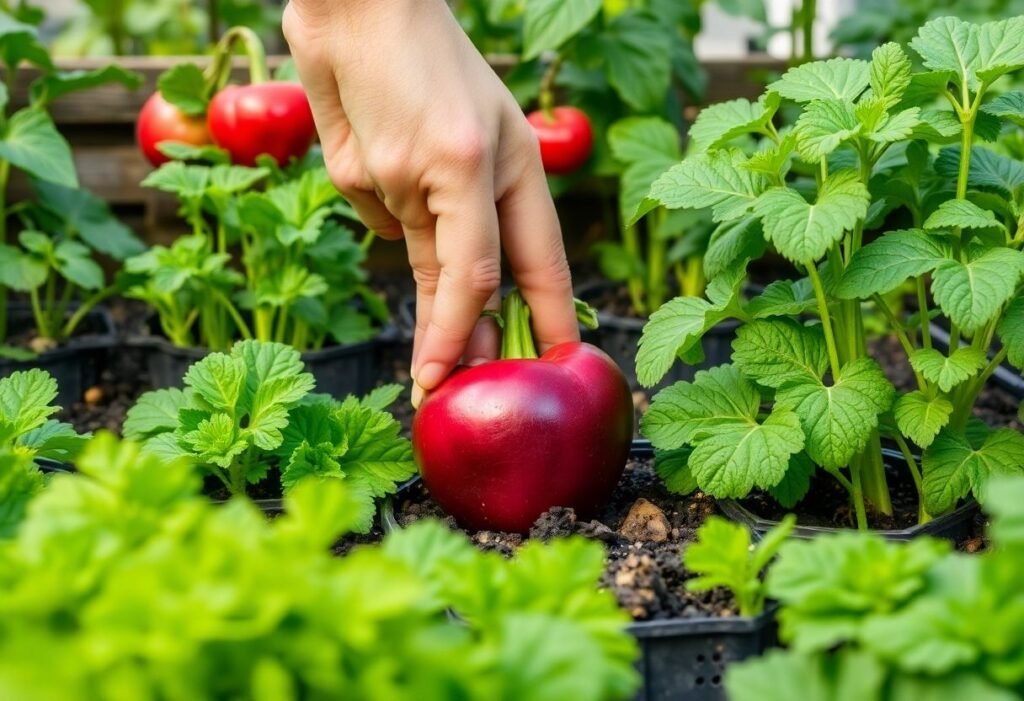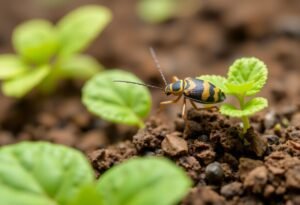Understanding the Best Time to Start Planting Veg
Choosing when to start planting veg largely depends on your local climate and USDA planting zones. Generally, cool-season crops like lettuce and spinach can be planted as soon as the soil is workable, often in early to mid-spring. Remember, the official start of spring doesn’t necessarily mean the end of frost!
Selecting the Right Veggies for Your Garden
Not all veggies are suited for planting at the same time; some thrive in cooler temps while others need warmth. Quick-growing crops like radishes or peas can be sown right after the last frost. Conversely, heat-loving plants like tomatoes and peppers should wait until the danger of frost has passed.
Planting in Greenhouses vs. Open Ground
Increasingly, many gardeners are turning to greenhouses to get a head start on the planting season. This method allows you to kick off your garden in a controlled environment, safeguarding your seedlings from chilly conditions. A few weeks later, once they’re robust, you can transplant them outdoors for better harvests.
Preparing Your Soil Before Planting
Before you start planting veg, the preparation of your soil is crucial. Healthy, well-aerated soil is the cornerstone of any successful garden. Adding organic compost can enrich the soil with essential nutrients. Don’t forget to ensure your garden is adequately watered—this will set the stage for success when planting begins.
Keeping an Eye on Local Weather Conditions
Your local weather has a significant impact on your successful veg planting. Keeping track of weather changes can help you sidestep potential issues. Often it takes just a few warm days for the soil to heat up enough for planting. Remember, summer heatwaves can stress your crops, so regular watering is essential.
Harvesting Your Crops and Their Care
After planting your veg, it’s important to know when to harvest them. Each type of veggie matures at its own pace. Regularly monitor your crops, care for them through weeding and watering, and you’ll be rewarded with bountiful yields that enrich your meals and your life.

















